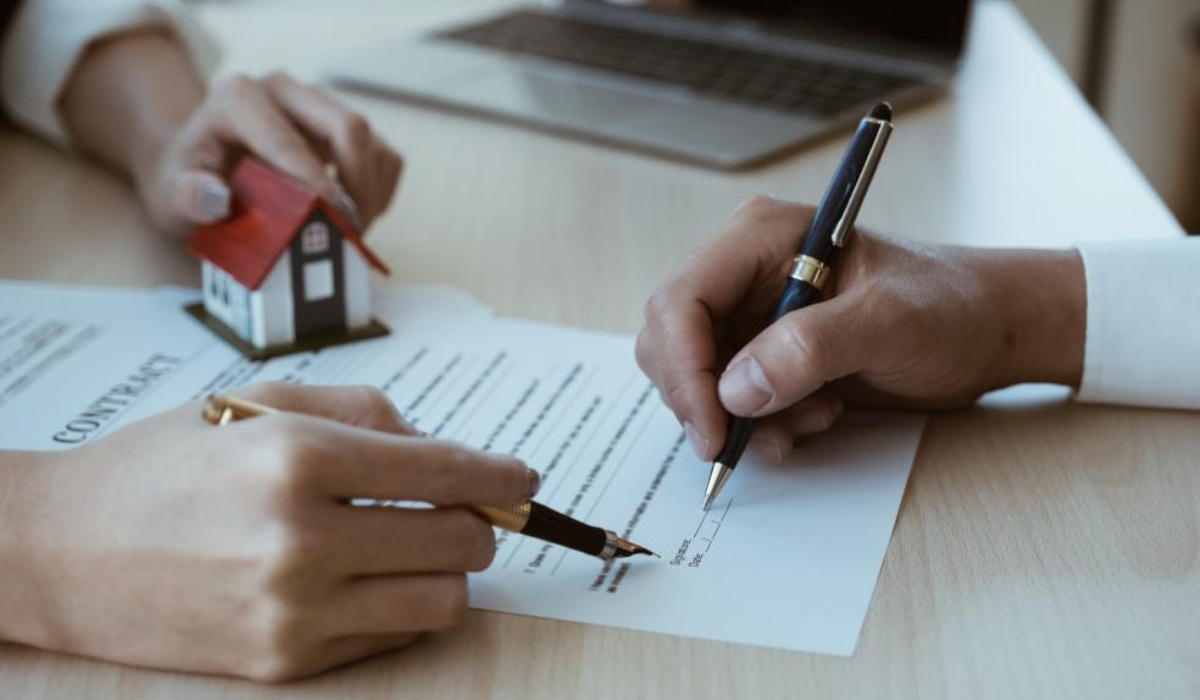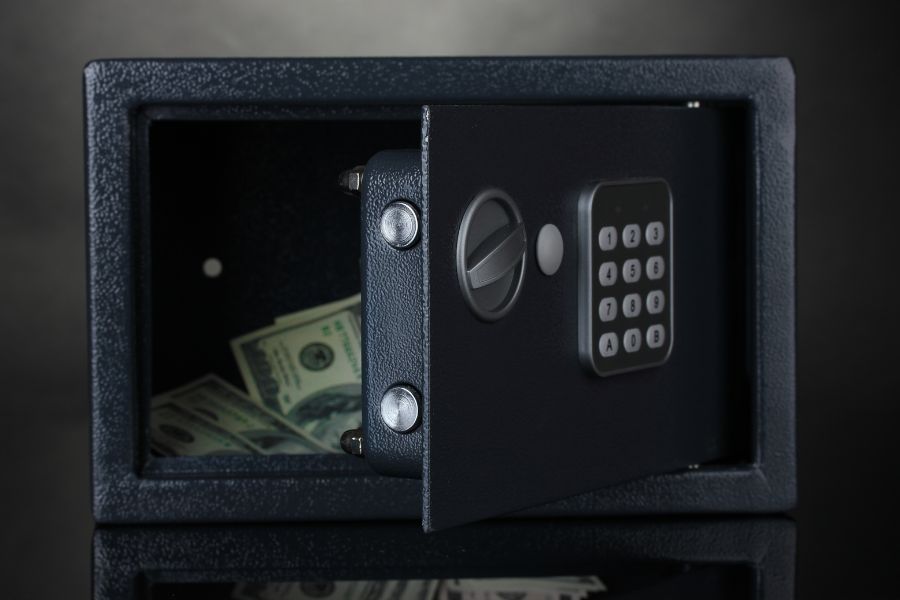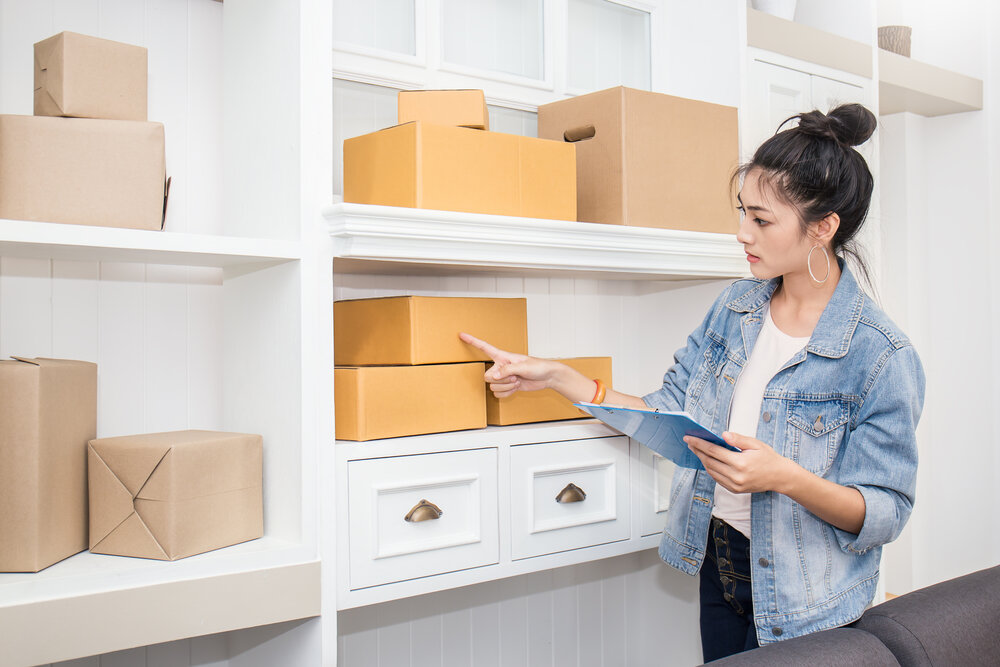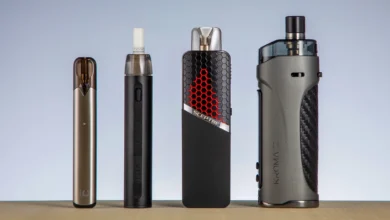6 Ways to Ensure Material Possessions Are Safe

Safe handling and managing material possessions is challenging, as financial management and security are more complex than calculating numbers. For instance, many cannot decide the safest place to keep their money.
They fear theft and robbery if they keep their valuables at home. Using bank accounts is also not free from risks. What if financial instability in your country halts banking operations and ceases your bank accounts? What if hackers breach the security of your digital account and clean sweep your money in one go? Natural calamities like earthquakes and floods can damage infrastructure, including rented deposit boxes, lockers, and other money storage facilities.
As simple as one hasty mistake or an uncalculated investment deal can also drain all your financial assets. A myriad of such possibilities is possible. Thus evaluate the risk factors and take specific measures to ensure your money is safe. Identifying risk factors is one way to choose the best security measure for material valuables.
With that in mind, the following sections explore tips to ensure your material possessions are safe.
1. Get legal ownership of assets

In reality, there are many cases where you cannot claim your financial assets until you are the rightful owner under the legal definition. For instance, the properties and assets of parents distribute among children as per inheritance laws. But they are not inherent owners of properties that their deceased parents or anyone else have left in their name.
They have to follow a legal process of claiming and owning assets, called probate. Even if you have the will document to prove and defend your share, you cannot utilize or invest inheritance assets before applying for probate, which is the preliminary step to taking ownership.
You can only use inheritance assets, properties, and cash once the law acknowledges your right and transfers ownership. Before that, your possessions are not yours legally. Hence, talk to an inheritance lawyer and initiate a legal process of claiming the assets.
2. Deposit money in a bank account
Bank deposition is a reliable option to secure your material possessions. Banks’ security systems are stronger compared to your home. Chances of robberies and intrusion are also less in banks than in using a safe locker or keeping money at your residence. Banks have multiple security measures to keep valuables safe. Their security experts manage and secure bank accounts and transactions from cybercrime and physical threats.
Physical guards and CCTV cameras scan every individual who visits banks. They do not allow entry of suspicious individuals. Furthermore, safe lockers open after verifying authorized access via multiple security checks. It is hard to dodge even the most basic checks like fingerprint, face recognition, security questions, and identification card credentials unless you are the rightful owner of your possessions.
In addition, banks also offer insurance services for valuables. You can claim the exact amount of your possessions even if robbers and hackers clean sweep all safe lockers and accounts. It is a valuable feature in case of unprecedented loss to your assets.
3. Utilize safe lockers

A rented safe locker is a more secure alternative than your home to keep your money safe. Rented lockers are similar to a physical bank where you can store and preserve your money without worrying about theft and robbery. Rented storage lockers are even more beneficial for many. One can hide and secure their assets and possessions from property duty charges and prevent tax deductions.
Tax duties and obligations can be concerning for your savings accounts. Taxes deductions will drain your savings account in no time if you do not have any investment plan for your saved money. But rented services providers do not have anything to do with your legal obligations or taxes payments.
Their concern is only rental charges, so they do not bind you or condition additional legal responsibilities. Your material figures remain unaltered as long as you want. Rented lockers are also sturdy against corrosion, water, breakage, fire, chemicals, and other similar risks.
4. Use digital money saying accounts
Many money-handling platforms provide digital bookkeeping facility that helps keep track of your money in real-time. Some service providers may offer a limited money-saving facility. In such cases, you can open multiple digital accounts and distribute your material possessions as you like. Digital mobile apps also have features to track and observe your financial activity. Transaction history tells you where and how much you invested and utilized.
You can also download specific apps that help organize and manage numbers in a single place. Mobile banking apps provide 24/7 access to your account. You can make transactions, pay bills, manage affiliate accounts, and deposit amount whenever you want with the affiliate bank’s mobile app. But do not forget to secure your mobile account via multiple security protocols.
And do not restrict account management to your phone alone. At least allow your computer or another device for account management, as a mobile phone is a top-list item for robbers and thieves. You can block accounts or change security credentials from another device easily in case of robbery.
5. Maintain inventory of possessions

Financial management, handling, and organization are as crucial as the safety of your assets. You cannot secure and grow your material possessions if you do not keep track of your financial inflow and outflow. Inventory management helps you monitor your spending, investments, and returns. You can think of better options to utilize your money if you know the exact value.
Keeping count of numbers in your head is needlessly bothering. Thus save yourself from needless calculations and engagement and integrate your accounts on a digital device and online money-management platforms.
Digital apps like Mint, Honeydue, Digit, Goodbudget, YNAB, Personal Capital, and Stash offer several features to manage money, transactions, and calculation on the go. You can explore this website for further insight into these apps, their benefits, and specific features.
6. Install sophisticated security
Keeping some cash at home is inevitable to fulfill daily needs. It is unrealistic to empty your pockets and keep all the money in a bank account or a rented safe locker. It is more time-consuming to visit a bank or ATM booth again and again for every petty expenditure.
But you should not underestimate intrusion, theft, and robbery at home. In such cases, you should enhance your home’s security. Install CCTV cameras, automatic locking system, monitoring and alarm system, and face, fingerprint, and voice detection system. These measures will help prevent unauthorized entry to your home and ensure the safety of your soft and hard valuables.
You can also set the timer on your home’s lighting system to showcase it is occupied when you leave for outdoor activities.
Conclusion
Ensuring the safety and security of material possessions is not rocket science. You only need basic knowledge of financial management to keep your assets safe from unpredictable risks. All you have to do is explore, evaluate, and control the risk factors for valuables and implement specific security checks. Preventive measures are necessary to ensure your valuables are safe from robbery incidents, unforeseen damages, losses, and mismanagement.




